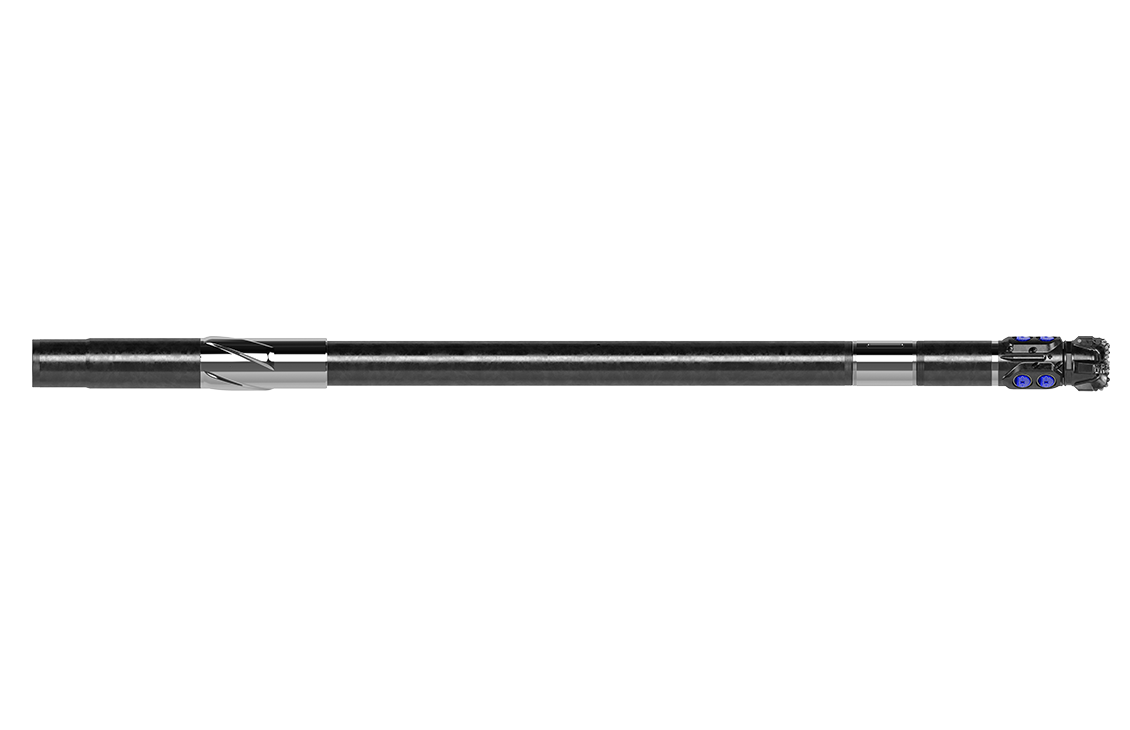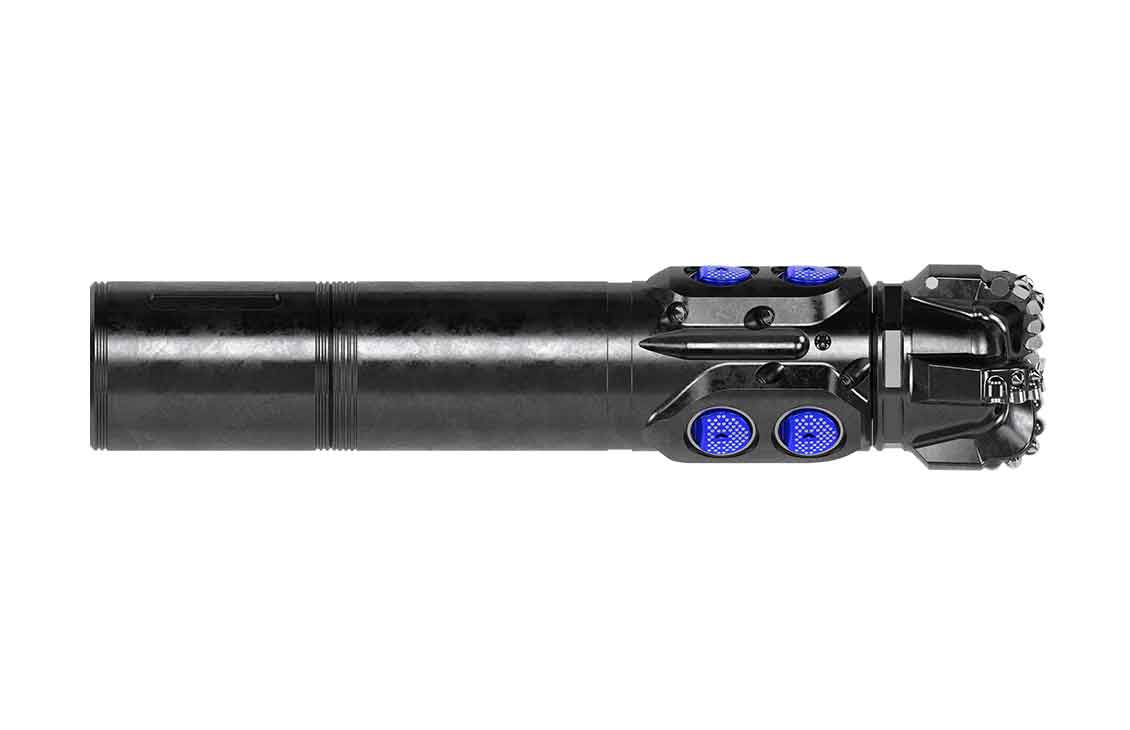NeoSteer
At-bit steerable system


NeoSteer™ at-bit steerable systems are a new category of drilling systems that eliminate BHA reconfigurations between the curve and lateral sections. Part of our Transition Technologies™ portfolio of solutions, NeoSteer systems help minimize your well construction CO2 footprint. These technologies reduce energy consumption and emissions, helping you reach your sustainability goals with improved efficiency, fewer trips, and less drilling time. NeoSteer at-bit steerable systems are aligned with United Nations Sustainable Development Goals 12 and 13.
UN SDGs
Aligns with United Nations Sustainable Development Goals 12 and 13.
Emissions reduction
Lower CO2 emissions by drilling more sections in one run.
Products highlight
NeoSteer Max
Unconventional high-performance at-bit steerable system
NeoSteer CL
Curve and lateral at-bit steerable system
NeoSteer CLx
Extreme curve and lateral at-bit steerable system
NeoSteer at-bit steerable systems are capable of drilling both high-dogleg severity (DLS) curve sections and straighter, higher-quality lateral sections at high performance without the need to change the configuration between sections. This saves significant time and tool cost associated with tripping out and changing the BHA while lowering CO2 emissions by drilling more sections in one run.

What is this new category—the at-bit steerable system?
That’s exactly what we asked the product expert. What is it? Why is it so groundbreaking?
Contact us
Get the best of both worlds
NeoSteer at-bit steerable systems represent a unique category, bridging cutting structure and steerable technology. See what’s behind this industry-first technology in our article in Drilling Contractor.
Read the article
Decarbonize Your Operations
NeoSteer at-bit steerable systems are part of our Transitions Technologies portfolio of solutions that drive high performance sustainably. NeoSteer systems lower CO2 emissions and reduce energy consumption while saving time and tool cost associated with tripping out and changing the BHA.
Learn moreThe content of this publication has not been approved by the United Nations and does not reflect the views of the United Nations or its officials or Member States.




